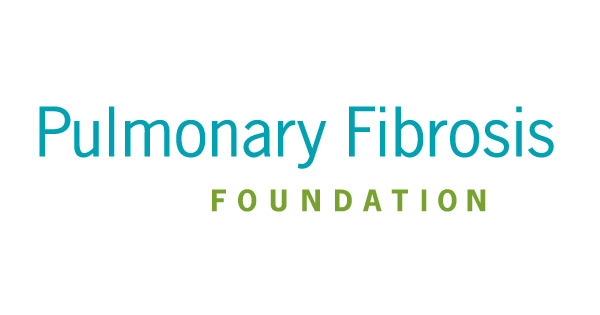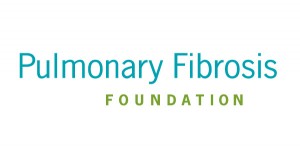PFF Applauds FDA Approval of the Two First IPF-Specific Therapies
Written by |

 The U.S. Food and Drug Administration (FDA) recently approved two drugs that are the first therapies specifically directed for the treatment of idiopathic pulmonary fibrosis (IPF) in the United States, Esbriet (pirfenidone), from InterMune, Inc., and OFEV (nintedanib), from Boehringer-Ingelheim Pharmaceuticals, Inc. The Pulmonary Fibrosis Foundation applauded the decision and characterized it as a “landmark” for the treatment of the disease.
The U.S. Food and Drug Administration (FDA) recently approved two drugs that are the first therapies specifically directed for the treatment of idiopathic pulmonary fibrosis (IPF) in the United States, Esbriet (pirfenidone), from InterMune, Inc., and OFEV (nintedanib), from Boehringer-Ingelheim Pharmaceuticals, Inc. The Pulmonary Fibrosis Foundation applauded the decision and characterized it as a “landmark” for the treatment of the disease.
Esbriet’s manufacturer, InterMune, Inc., has already announced that they plan on making the drug available with a prescription within the next two weeks, while Boehringer-Ingelheim Pharmaceuticals, Inc., expects to provide OFEV for sale with a prescription in ten days. The FDA had already granted both of the drugs “Fast-Track” and “Breakthrough Therapy” status, in order to accelerate the process. The PFF noted that every 13 minutes one IPF patient die from the disease, in the United States alone.
“Today is a landmark day in the history of pulmonary fibrosis research and care in the United States,” PFF Chief Medical Officer Gregory P. Cosgrove, MD said. “These FDA approvals give patients renewed hope that their condition can be managed more effectively and that decades of research into this largely unknown disease are beginning to uncover a new understanding of how to slow IPF’s unrelenting progression.”
“The PFF also recognizes the incredible contribution of thousands of patients who made the important decision to participate in each stage of clinical trials, many of whom have since passed away,” added the PFF President and COO Patti Tuomey, EdD. “Their commitment is a source of inspiration to all patients and families who have suffered from this disease, and their participation means that so many current and future patients will now have new treatment choices.”
[adrotate group=”3″]
The foundation has already made information available on both therapies for IPF patients who need it, through their PFF Patient Communication Center. The CEO of the PFF, Daniel M. Rose, also said that the foundation was hoping that, until a cure for the disease is found, all patients may be able to participate in clinical trials, in order to help advance the understanding and treatments for IPF and, eventually, finding a cure. “Advances in the field will only occur through collaboration between patients and the clinicians and scientists so vigorously investigating the disease,” he noted.
IPF patients in Canada had recently received good news regarding Esbriet, as the Canadian government decided to add the therapy to the list of publicly funded treatments under the New Brunswick Prescription Drug Program (NBPDP), making it available for the residents of New Brunswick, in Canada. The product is currently the only drug available in the country for the treatment of the life-threatening and debilitating disease, and it was already under public funding on the province of Ontario.
Boheringer Ingelheim, on the other hand, has also recently released a mobile app and web page self-test to help raise awareness about IPF. The IPF Sound Challenge app is meant for patients to identify several respiratory, including IPF, while the self-test Web page aims for patients to determine if the “Velcro crackles” detected are serious enough to indicate or if there is still needed more investigation.





